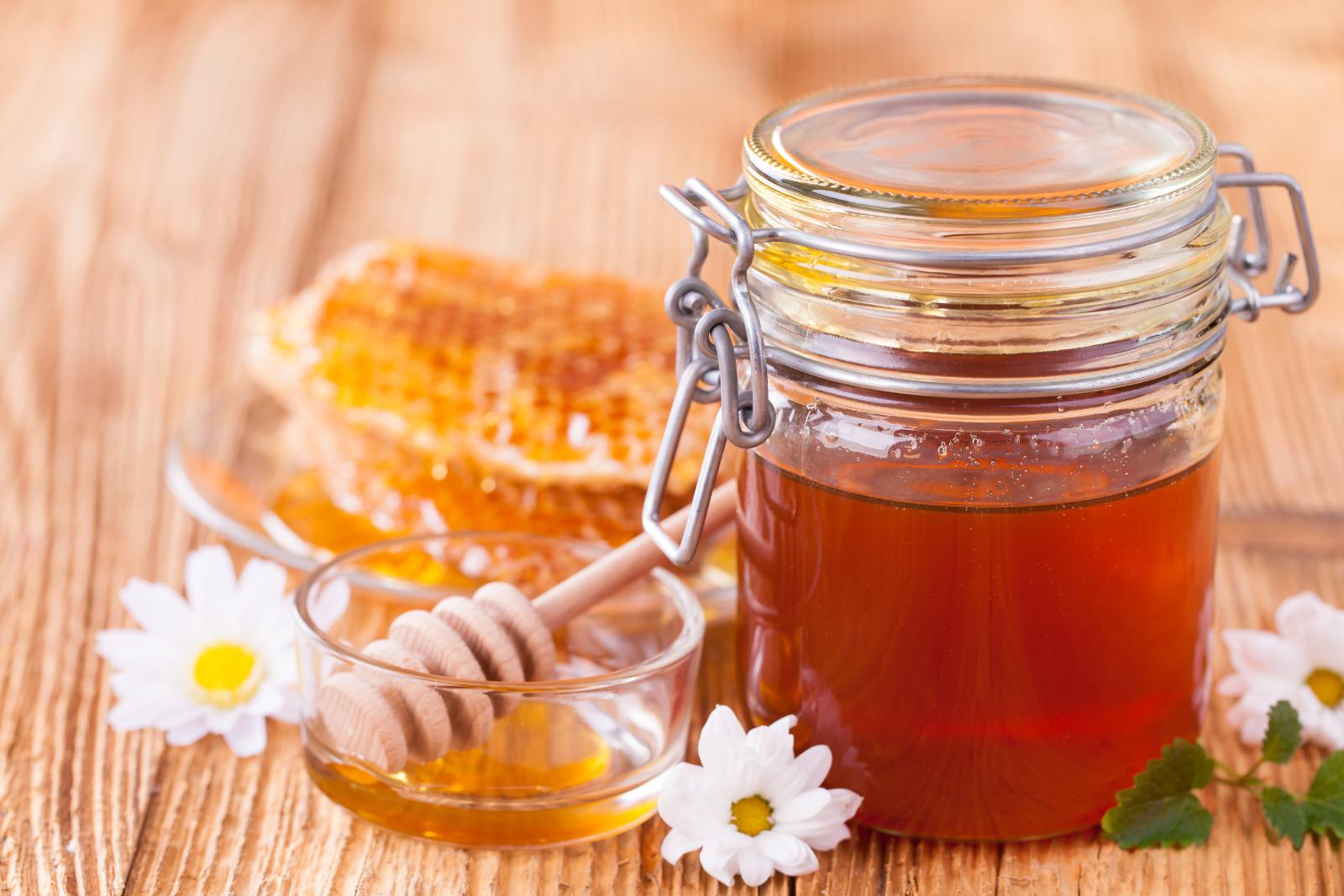By Atunlute Isaac
In recent years, several dietary options have emerged as many people seek a healthier alternative to sugar. Honey, a golden syrup produced by bees, is favoured not only for sweetness but also for its health benefits.
Rich in antioxidants, amino acids, vitamins, and minerals, honey offers a natural composition with anti-inflammatory and antibacterial properties.
Sugar, a common sweetener, offers little health benefits. Rather, it may be inimical to the body when consumed in excess. Honey, in contrast, brings additional nutrients that support overall health.
Blended with olive oil, honey can help to strengthen the hair and stop breakage. Compared with sugar, its natural sweetness allows for less consumption, further reducing the body mass of calories.
How to Replace Sugar with Honey in Your Diet.
While it appears straightforward, switching from sugar to honey requires some adjustments, especially in cooking and baking:
- Adjust the Quantity: Because of its sweet taste, it’s prudent to use half a cup or quarter of honey where a cup of sugar is required.
- Adjust Liquid Content: Since honey adds moisture, reduce the total amount of other liquids in the recipe by about 1/4 cup for each cup of honey used.
- Temperature Considerations: Honey may sometimes cause baked foods to brown quickly, so to prevent over browning, lower the temperature of your oven when baking with honey.
- Add leavening: the acidic level in honey can affect how a baked food rises. To counteract this, add 1/4 teaspoon of baking soda for every cup of honey used.
Practical Applications
– Beverages : Mix honey into teas, coffees, or smoothies to boost the natural sweetness.
– Dressings and Sauces : Add honey into salad dressings, marinades, and sauces for added sweetness.
– Baking: Use honey in muffins, breads, and desserts, adjusting recipes as noted above to achieve desired textures and flavours.
Considerations and Precautions
While honey offers numerous benefits, it’s essential to use it mindfully.
– Caloric Content : Honey is still a form of sugar and contains calories. Moderation is key to maintaining a balanced diet.
– Infants: Avoid giving honey to children under one year of age due to the risk of botulism.
– Diabetes Management: Individuals with diabetes should consult healthcare providers before making significant dietary changes, as honey can tilt blood sugar levels.
Conclusion
Embracing honey as a substitute for refined sugar can enhance the nutritional profile of your diet while satisfying your sweet tooth. By understanding the proper substitution ratios and adjustments needed in recipes, you can seamlessly integrate honey into your culinary adventures. Remember to consume it in moderation and be mindful of individual health considerations.
In recent years, honey has become a popular alternative to sugar due to its health benefits and natural composition. Honey is rich in antioxidants, amino acids, vitamins, and minerals, providing anti-inflammatory and antibacterial properties. Unlike sugar, which offers little health benefit and can be harmful in excess, honey supports overall health and can help strengthen hair while reducing calorie intake due to its natural sweetness.
To replace sugar with honey in your diet, certain adjustments in cooking and baking are essential. Use half to a quarter of honey compared to sugar, reduce other liquids by about 1/4 cup per cup of honey, lower baking temperatures to prevent over-browning, and add baking soda to balance acidity in baked goods. Honey can be incorporated into beverages, dressings, sauces, and baking, enhancing sweetness and flavor.
Despite its benefits, honey should be used mindfully. It's calorically dense, unsuitable for infants under one year due to botulism risks, and can affect blood sugar levels, requiring caution from individuals with diabetes. Embracing honey as a refined sugar substitute can enhance your dietary nutritional profile, although moderation and individual health considerations are crucial.






